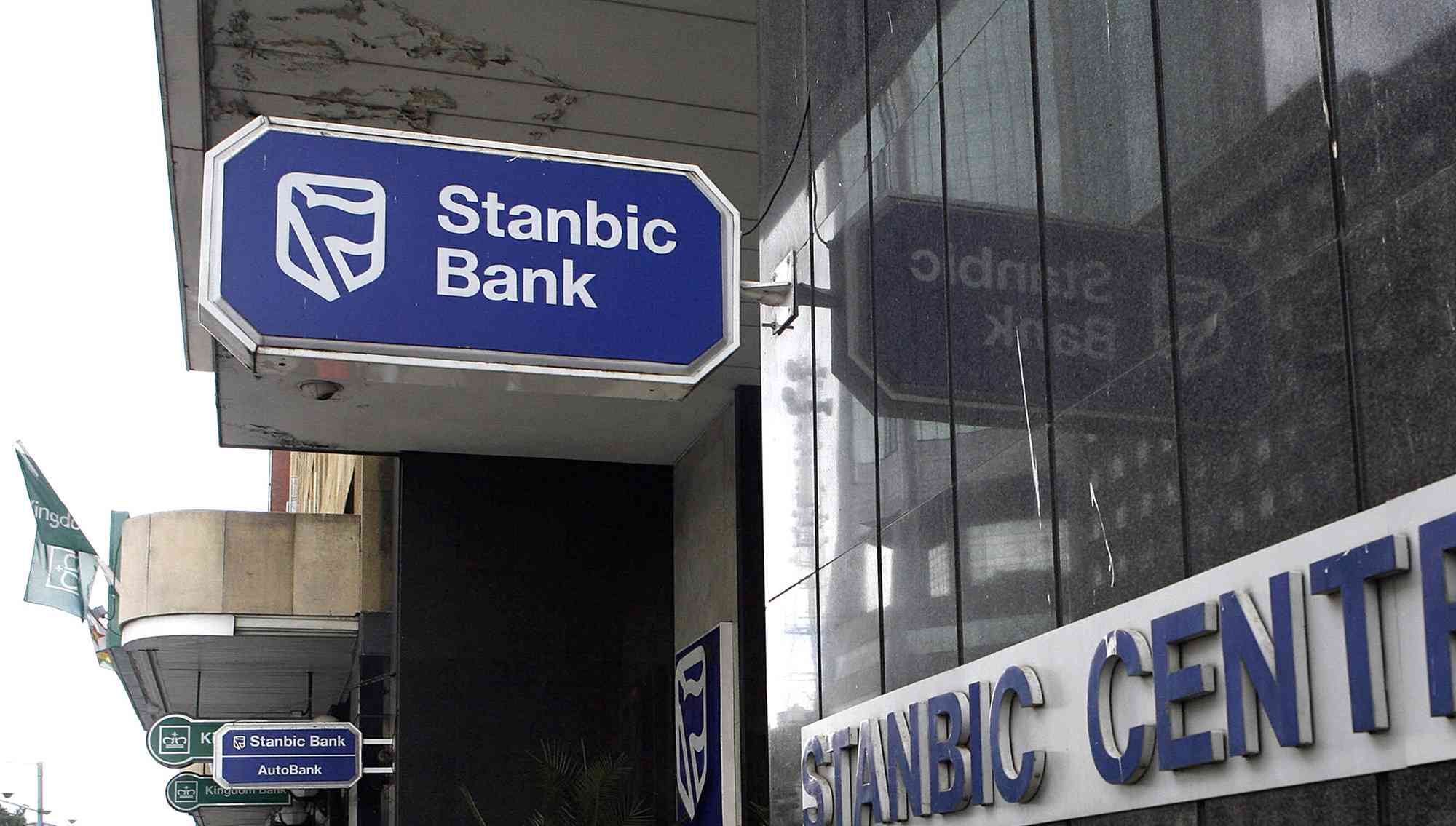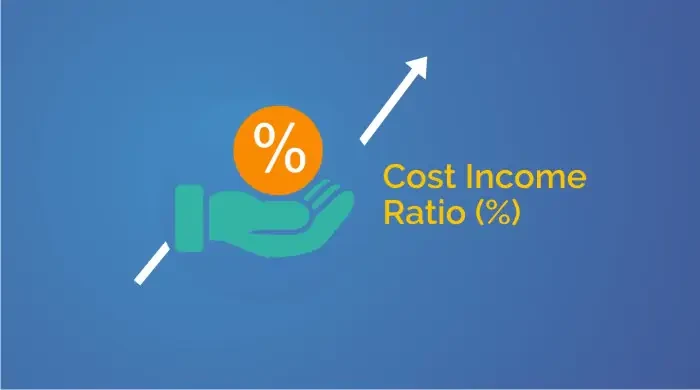
DUBLIN/NICOSIA — A small island on the edge of Europe teetering under the weight of its bust banks. Sound familiar?
Reuters
Like Iceland and Ireland before it, Cyprus is battling to prevent an outsized and overextended banking sector from dragging the country into the ground.
Cyprus’s Parliament has overwhelmingly rejected a proposed levy on deposits as a condition of a European bailout, throwing the country’s future into disarray.
But the experiences of Iceland and Ireland show that however Cyprus decides to deal with its crisis, pain is in store.
While Reykjavik let banks fail and introduced capital controls, making financing its economy difficult, Dublin nationalised most of its financial sector, helping to quadruple its debt burden and ensuring years of austerity.
Both countries are growing again, but underlying problems remain with households in both nations still swamped in housing debt, Irish unemployment stuck at 14% and Iceland fearful of lifting its capital controls for fear of a damaging outflow of foreign funds.
None of this suggests an easy way forward for Cyprus, with its banks mortally wounded through involvement with eurozone casualty Greece and its financial sector heavily exposed to sometimes suspect money from Russia.
- Chamisa under fire over US$120K donation
- Mavhunga puts DeMbare into Chibuku quarterfinals
- Pension funds bet on Cabora Bassa oilfields
- Councils defy govt fire tender directive
Keep Reading
Cyprus’ troubles stem from its exposure to Greece and the huge losses its two largest banks, Bank of Cyprus and Marfin Popular, had to stomach when eurozone leaders agreed in late 2011 to write down the value of private-sector holdings of Greek government bonds.
In total, Cyprus requires ₧17 billion, nearly equivalent to its economy’s annual output, to rescue its banks and deal with the government’s own bills.
Relatively small in the context of the Greek and Irish European Union-International Monetary Fund bailouts, at ₧240 billion and ₧67,5 billion apiece, for an island of just 1 million people it is a huge burden and speaks volumes about how large and unwieldy its banking sector had become.
Along with the aggressive expansion in Greece, which helped Cyprus’ banks to double the size of their loan books to around ₧72 billion in the last six years, Cyprus’ banking sector has ballooned on the back of inflows of Russian money, which first started to arrive following the collapse of the Soviet Union in 1991. The banking sector is now roughly eight times the size of the economy compared to 10 times for Iceland and over four times for Ireland before their crises.
Banks in both countries used cheap funding to gorge on speculative investments.











